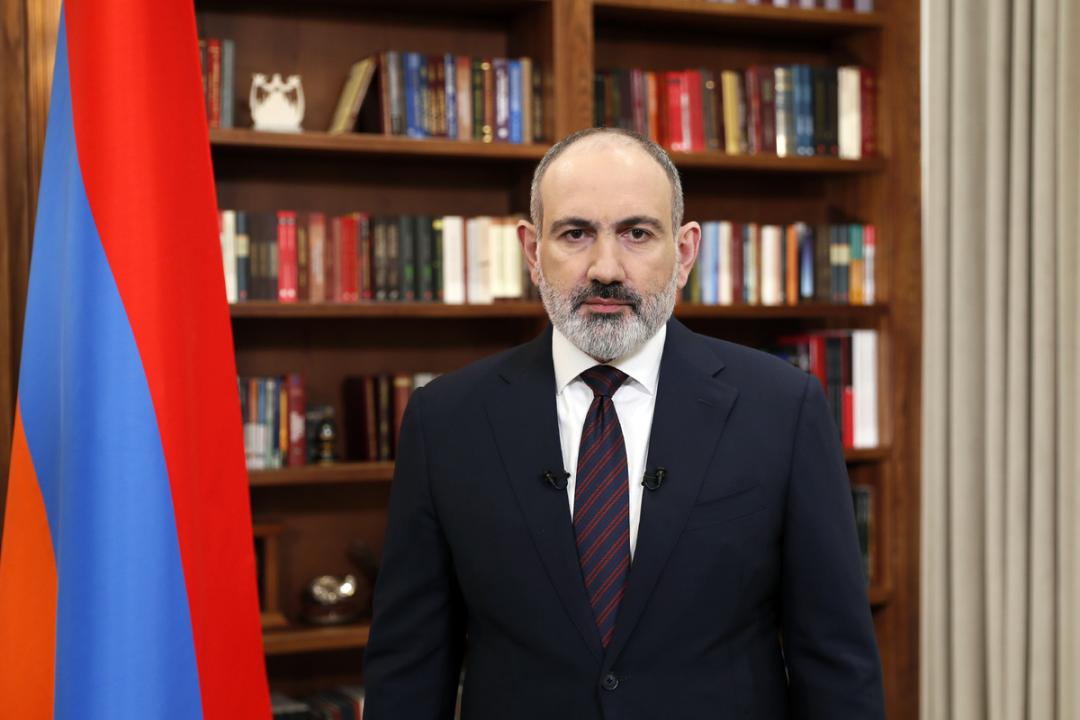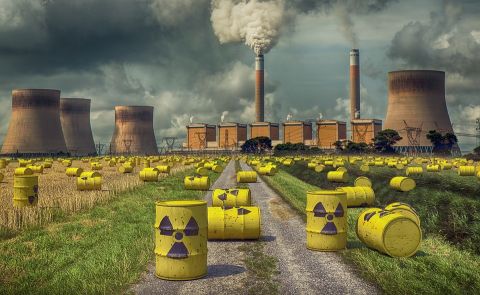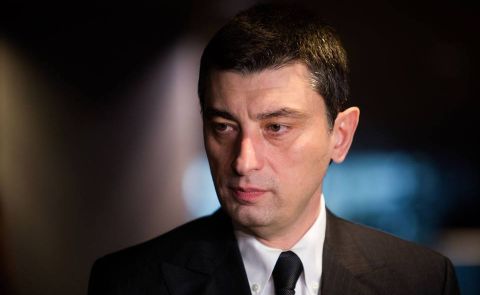
Pashinyan: Armenia Must Redefine Its Global Image and Focus on Economic Development

Armenia must work to overcome its image as a “nation-martyr,” Prime Minister Nikol Pashinyan stated during a parliamentary discussion on the 2025 state budget. He emphasized the importance of understanding how Armenia is perceived globally, noting that this perception has deep implications for the country's strategic goal of ensuring the permanence of its statehood.
Reflecting on his experiences over the past six and a half years, Pashinyan observed that Armenia is predominantly viewed by the international community as a “nation-martyr.” He outlined his government’s mission to change this perception. “The world perceives us as a nation-martyr, but our government’s primary mission is to overcome this status,” Pashinyan said.
Historically, the proposed solution to this perception has been the “nation-army” concept, where Armenia prioritizes militarization to counter its vulnerabilities. However, Pashinyan questioned the validity of this approach, arguing that the “nation-army” concept perpetuates the “nation-martyr” mindset by fostering a cycle of opposition and militarization, which could escalate tensions with both adversaries and allies.
Instead, Pashinyan advocated for adopting a new framework focused on Armenia's economic development and territorial integrity. He suggested shifting away from the reactive “nation-martyr” and “nation-army” paradigms towards a model prioritizing the state's recognized borders and economic interests.
“Armenia must function solely for its own economic development,” Pashinyan stressed, proposing the creation of a security system that does not rely solely on the military but includes broader security measures and buffers to ensure stability.
Pashinyan also emphasized the need for Armenia to adhere strictly to the rules and principles of international relations, particularly in a global context where these norms are frequently disregarded. Speaking during the parliamentary debates on the 2025 state budget, he outlined a vision of security that extends beyond military strength. Pashinyan argued that Armenia should distinguish itself by committing to internationally accepted laws, even as violations of these norms are widespread.
"We’ve often spoken about responding asymmetrically to our challenges. I believe this adherence to international rules is our asymmetric reaction. While others may violate these principles, we must position ourselves as a nation that strictly upholds them,” he said.
He proposed a layered security system where the military is not the first line of defense. Instead, he suggested creating “buffers” that precede military engagement, such as fostering economic interconnectivity and reinforcing adherence to international norms. According to Pashinyan, these measures would establish a foundation of stability that supports the development of a strong and combat-ready army.
The Armenian PM pointed out that widespread frustration over breaches of international law indicates the enduring value of these rules. By aligning with this “positive conduct,” Armenia can build a buffer zone that reduces reliance on military solutions. “Under these conditions, the agenda of having a strong army becomes legitimate and justified. It can serve as a key component in a broader security system,” Pashinyan concluded.
See Also


Pashinyan: “We Are Not Seeking to End Russian Troop Presence in Armenia”

Russia Begins 24/7 Radiation Monitoring in Dagestan After Iranian Nuclear Incident

How Do Caucasus States React to Israel-Iran War?

Weekly Brief on Military Situation in the South Caucasus (9–15 June 2025)

